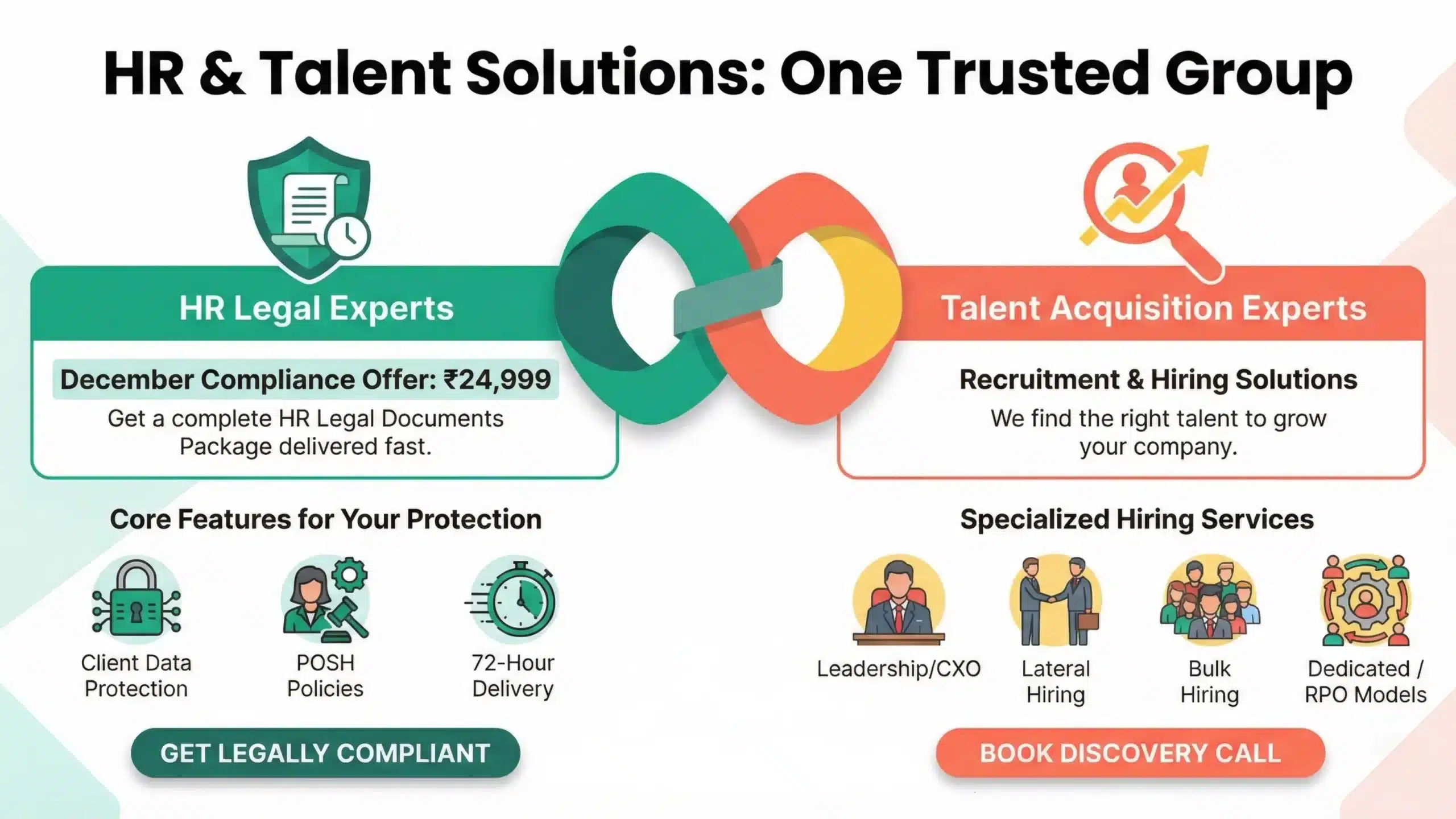What’s more valuable: 10 years of experience or 10 in-demand skills?
Sundar Pichai’s words resonate across the industry: “Skills are the new currency in the digital age.” As we navigate this era of rapid change, organizations must rethink their approach to talent acquisition and development.
According to LinkedIn’s 2022 Skills Report, 9 out of 10 employers now prioritize skills over experience. This trend necessitates a new strategy for identifying and nurturing talent. As automation continues to reshape the job landscape, having skilled workers is crucial for success. By 2025, 42% of jobs will be automated, highlighting the urgent need for adaptable and innovative employees.
The World Economic Forum notes that 50% of the global workforce will require reskilling by 2025. This statistic underscores both a challenge and an opportunity: the chance to cultivate a more agile workforce that can thrive in changing environments.
What are the implications for your organization? Let’s dive in:
The Road Ahead:
- The Limitations of Experience-Based Hiring
- The Benefits of Skills-Based Development
- Why Investing in Skills is Crucial for Business Success
Table of Contents
ToggleThe Limitations of Experience-Based Hiring
Experience-based hiring has been the traditional approach for decades, but it’s no longer effective in today’s fast skills-driven market.
Limitation 1: Overlooks Untapped Talent
Prioritizing experience often leads to overlooking talented individuals who may not have traditional qualifications. For instance:
- A self-taught programmer with exceptional coding skills may be overlooked due to a lack of formal education.
- A professional with transferable skills from another industry may be overlooked for not having direct experience in the field.
Statistic: 58% of employers report difficulty finding candidates with the necessary skills, despite an abundance of qualified applicants (Source: SHRM). This highlights the need for expert leadership hiring that focuses on skills rather than just experience.
Limitation 2: Stifles Innovation and Diversity
Experience-based hiring can result in a homogeneous workforce, stifling creativity and innovation.
- A study by McKinsey found that diverse teams are 35% more likely to outperform their less diverse counterparts.
- Companies with diverse workforces are 45% more likely to report growth in market share (Source: HBR).
Emphasizing skill-based development can help cultivate a more inclusive and innovative environment.
Limitation 3: Assumes Expertise is Timeless
Experience-based hiring assumes that expertise remains relevant despite changing markets and technologies.
- According to the World Economic Forum, 50% of the global workforce will require reskilling by 2025.
- A report by Gartner found that 70% of employees lack the skills needed for their current or future roles.
This underscores the importance of investing in skills to ensure that your workforce remains competitive and adaptable.
The Benefits of Skills-Based Hiring
Now that we’ve explored the limitations of experience-based hiring, let’s examine the advantages of skills-based hiring. By shifting focus from experience to skills, organizations can unlock numerous benefits, driving growth, innovation, and competitiveness.
Here are the seven Key Advantages:
1. Improved Innovation and Adaptability
Skills-based hiring encourages diversity and innovation leading:
- Enhanced problem-solving capabilities
- Increased creativity
- Better adaptability in rapidly changing markets
2. Enhanced Competitiveness
Prioritizing skills over experience:
- Attracts top talent with specialized skills.
- Develops a competitive edge through unique skill sets.
- Enhances market responsiveness and agility.
3. Better Resource Allocation
Skills-based hiring ensures resources are allocated to the right skills and projects, reducing:
- Training costs
- Time-to-productivity
- Inefficient resource allocation
4. Increased Employee Engagement
Focusing on skills development makes employees feel:
- Challenged and engaged
- Valued and invested in
- More likely to stay with the organization
5. Faster Time-to-Productivity
Hiring candidates with relevant skills reduces:
- Onboarding time
- Training requirements
- Time-to-productivity
6. Reduced Turnover and Improved Retention
Skills-based hiring leads to:
- Better job fit
- Increased job satisfaction
- Reduced turnover rates
7. Future-Proofed Workforce
Continuously developing employees’ skills ensures:
- Adaptability to changing market conditions
- Readiness for emerging technologies
- Long-term competitiveness
Real-World Examples
Companies like Google, IBM, and Microsoft are leading the way in skills-based hiring. Google, for instance, prioritizes skills over experience, recognizing that relevant abilities are more important than years of service.
IBM focuses on skills development for future growth, investing heavily in employee training and upskilling programs. Similarly, Microsoft emphasizes diversity of thought and perspective, seeking candidates with unique skill sets and experiences that can drive innovation.
Why Investing in Skills is Crucial for Business Success
As recruitment specialists, one thing is clear: investing in skills development is the key to unlocking business potential. It’s about empowering your workforce to drive innovation, productivity, and growth.
The numbers don’t lie. Companies that prioritize employee development see a 37% boost in engagement and 24% increase in job satisfaction. But it’s not just about stats – it’s about creating a culture that values growth and adaptability.
Skills development helps businesses stay responsive to shifting trends, ensuring they remain competitive. Effective training also reduces turnover rates, saving recruitment costs and enhancing employer branding.
From my perspective as a recruiter, investing in skills development is a game-changer. Top talent seeks out organizations that invest in their growth, providing a competitive edge in the war for talent. Skills development fosters a culture of continuous learning, encouraging employees to adapt and thrive.
Skills development is no longer optional – it’s essential for businesses that want to stay ahead of the curve.
Skills development is no longer optional – it's essential for businesses that want to stay ahead of the curve.
Key Takeways:
Skills-based hiring is more than a business strategy – it’s a promise to your people. By investing in growth, you’re investing in dreams, aspirations, and futures. Every trained employee is a success story waiting to unfold.
As a recruiter, I’ve witnessed transformations from uncertainty to confidence, from stagnation to momentum. This approach humanizes the workplace, igniting passion, creativity, and purpose. It’s time to redefine success: not just profits, but people. Not just growth, but greatness.
To unlock the true potential of your team, start prioritizing skill-based hiring today. Begin by:
- Conducting a skills gap analysis to identify areas for growth
- Developing a training program tailored to your team’s needs
- Embracing skills-based hiring in your recruitment process
Invest in your people and you’ll unlock a brighter future.

Kamal Kishor Thakur serves as Sr. Group Manager – Business Development & Client Relations.
He brings over a decade of experience in managing key accounts and building lasting client relationships in IT, FMCG, and manufacturing sectors.







